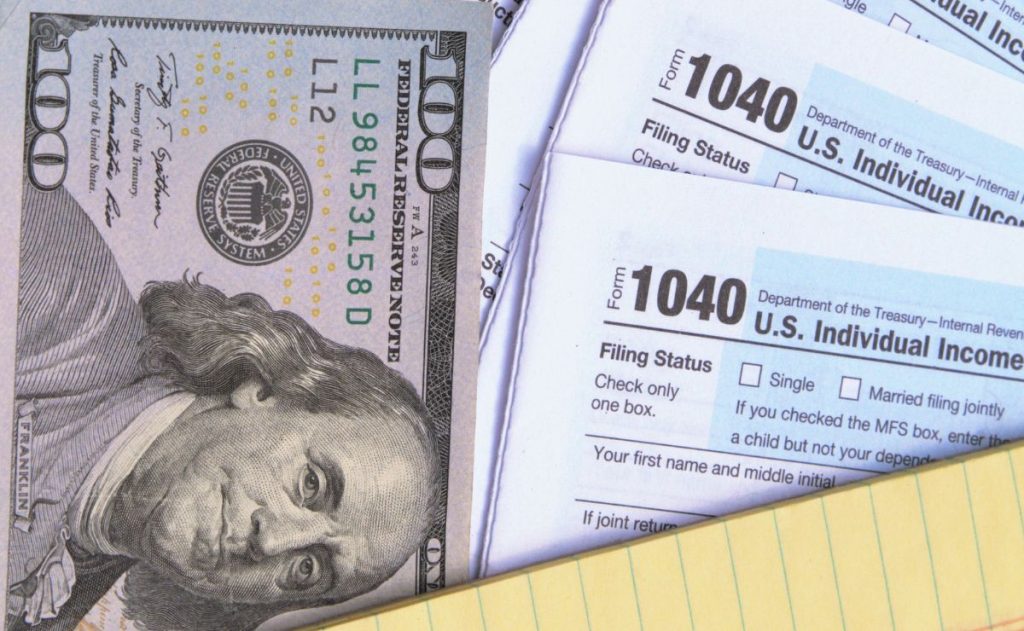Familiarizing yourself with the schedule the Internal Revenue Service (IRS) adheres to for disbursing refunds can give you a clearer idea of when to expect your money. The IRS suggests using its “Where’s My Refund?” feature, accessible through their official website, for a tailored update on the status of your tax refund. This digital tool offers real-time tracking of your refund’s progress. Currently, the IRS is processing tax returns for the 2023 fiscal year.
Submitting your tax documents early can expedite the refund process. For those eager to pinpoint the arrival of their refunds, it’s essential to note the IRS’s payment dispatch days. The IRS provides updates on this through their website, encouraging users to log in for individualized information via the “Where’s My Refund?” service. This facilitates immediate tracking of your refund status.
Tax refund schedules maximizing efficiency with the IRS’s payment dispatch days
The IRS typically issues payments within 21 business days of receiving an electronic tax return, assuming you’ve opted for direct deposit. For taxpayers sending their returns by mail, the receipt of a refund check will naturally take longer, potentially up to eight weeks, due to the additional steps involved in processing paper submissions. Moreover, the timing of payments is influenced by weekends and public holidays, as banks do not process transactions on these days.
It’s also wise to consider both federal and local holidays when anticipating your refund, as these can impact the payment schedule. Typically, if a refund is due on a weekend, the IRS aims to issue the payment the day before. However, there might be instances where the payment only reflects in your account on the following business day.
Interestingly, there are occasions when individuals might receive their refunds on a Saturday, particularly if the IRS dispatched the refund on a Friday, allowing for next-day processing. Yet, receiving a refund on a Sunday is not possible. By keeping these guidelines in mind, you can have a more accurate expectation of when your tax refund will arrive, aiding in better financial planning.
Taxpayers Are Getting Smaller Tax Refund Checks This Year
Americans are experiencing a decrease in their tax refunds for the 2024 season, with the average refund amounting to $1,395 as of February 2, compared to the previous year’s average of $1,963. The tax season’s delayed start, commencing on January 29 instead of January 23, resulted in only 2.6 million refunds processed by February 2, significantly fewer than the nearly 8 million processed at the same point last year. Despite the lower refunds, the IRS reassured a smooth start to the filing season, with all systems functioning well.
Daniel Rahill, a Chicago-based CPA, suggests possible reasons for smaller refunds, such as workers failing to adjust tax withholdings with salary increases, ‘gig’ workers not increasing estimated tax payments, and some filers earning more investment income from a robust stock market, triggering additional taxes. Rahill anticipates a more comprehensive analysis as additional tax filing data becomes available.
